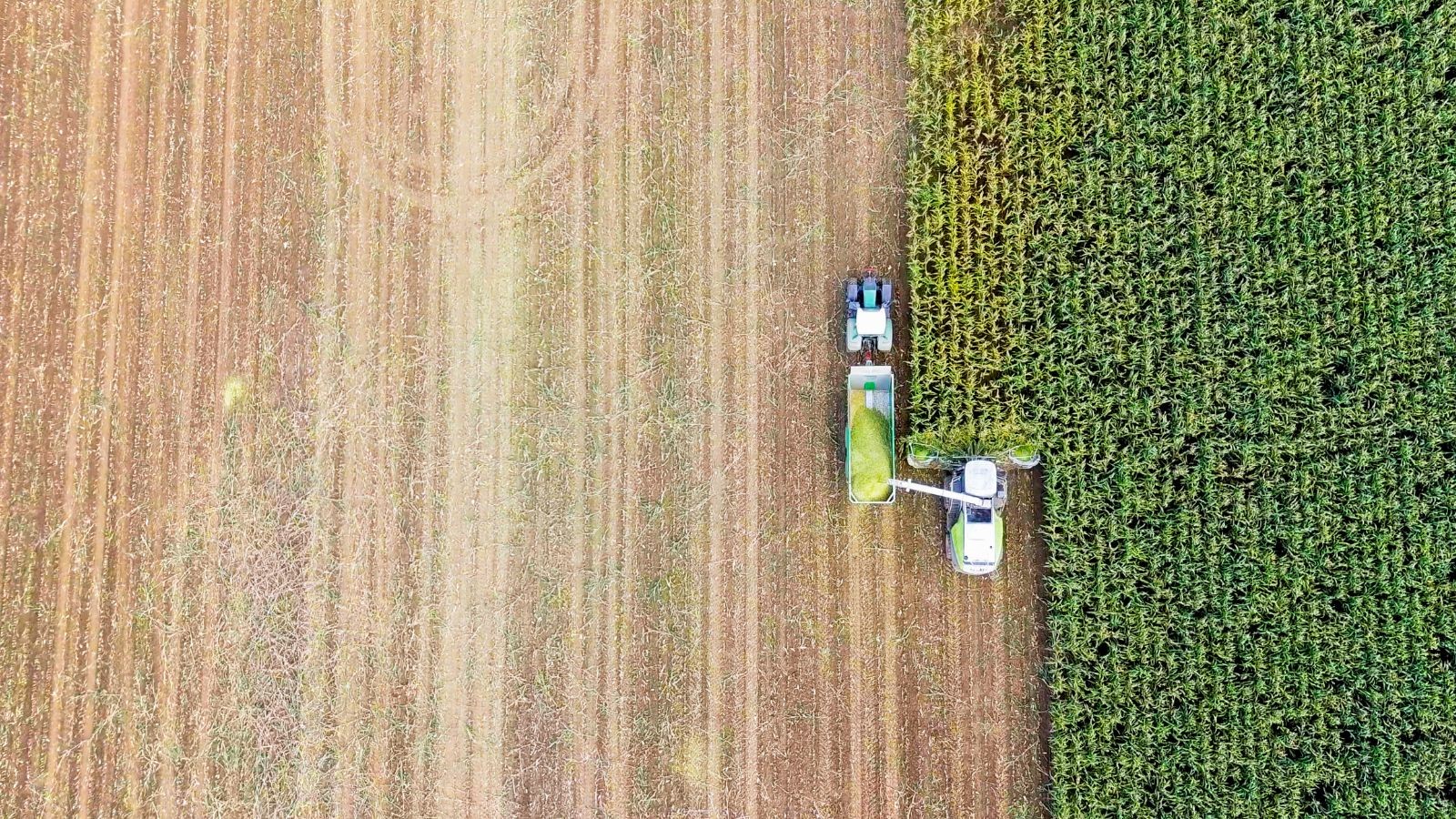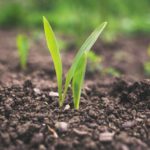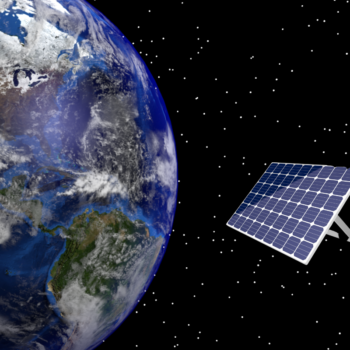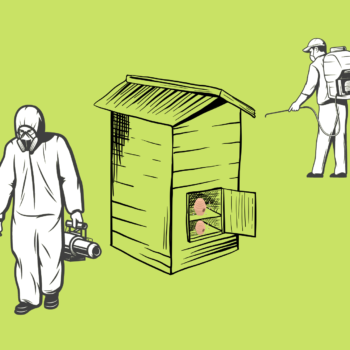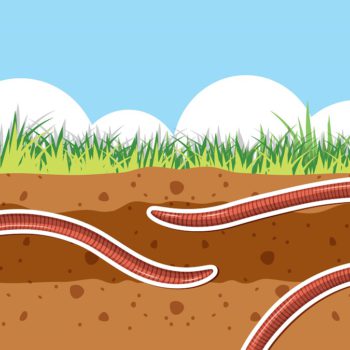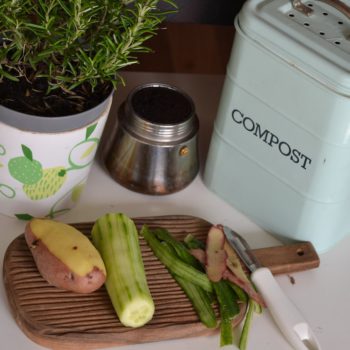|
|
Harnessing the power of technology has long been a driving force behind progression and growth across many sectors. Agriculture, one of human history’s oldest occupations, is no different.
As our global community grapples with pressing challenges such as climate change, dwindling natural resources, and a rapidly growing population, innovative solutions are needed more than ever to ensure that agriculture can sustainably meet our food needs.
That’s why this article focuses on the technological advancements that are paving the way for sustainable farming practices. Below, we delve into different cutting-edge tools and techniques used by modern-day farmers. From artificial intelligence (AI) and machine learning to drones and precision agriculture, these innovations are steadily transforming the face of farming, making it more sustainable, efficient, and environmentally friendly.
If you’re intrigued by the prospect of blending traditional farming with futuristic technology, read on to discover how these groundbreaking innovations are shaping the future of agriculture.
Key Takeaways
- AI and Machine Learning enhance agricultural efficiency, optimizing resource usage and minimizing waste with predictive capabilities and automation.
- Drones facilitate precision farming, enabling early detection of crop issues and efficient resource application, reducing environmental impact.
- Precision agriculture leverages technology like GPS and data analytics for detailed field management, improving yield and minimizing waste.
- Vertical farming offers a sustainable solution for urban food production, utilizing space efficiently and reducing long-distance transportation.
- Despite challenges, agri-tech innovations present opportunities for further development, addressing global issues like climate change and food security.
AI and Machine Learning: Revolutionizing Crop Management
Artificial Intelligence (AI) and Machine Learning (ML) are transforming crop management by bringing a new wave of intelligent and precise agricultural practices. These cutting-edge technologies are capable of processing and interpreting vast amounts of data, providing valuable insights that drive efficiency and productivity in farming operations.
AI systems, equipped with advanced algorithms, can analyze multiple parameters such as weather patterns, soil conditions, and crop health to predict yield outcomes with remarkable accuracy. This predictive capability allows farmers to make informed decisions about seeding, irrigation, and harvesting schedules, optimizing resource usage and minimizing waste.
On the other hand, machine learning, an offshoot of AI, is automating time-consuming tasks such as planting seeds and removing weeds. These automated processes not only save time and labor but also reduce human error, leading to improved crop quality and higher yields.
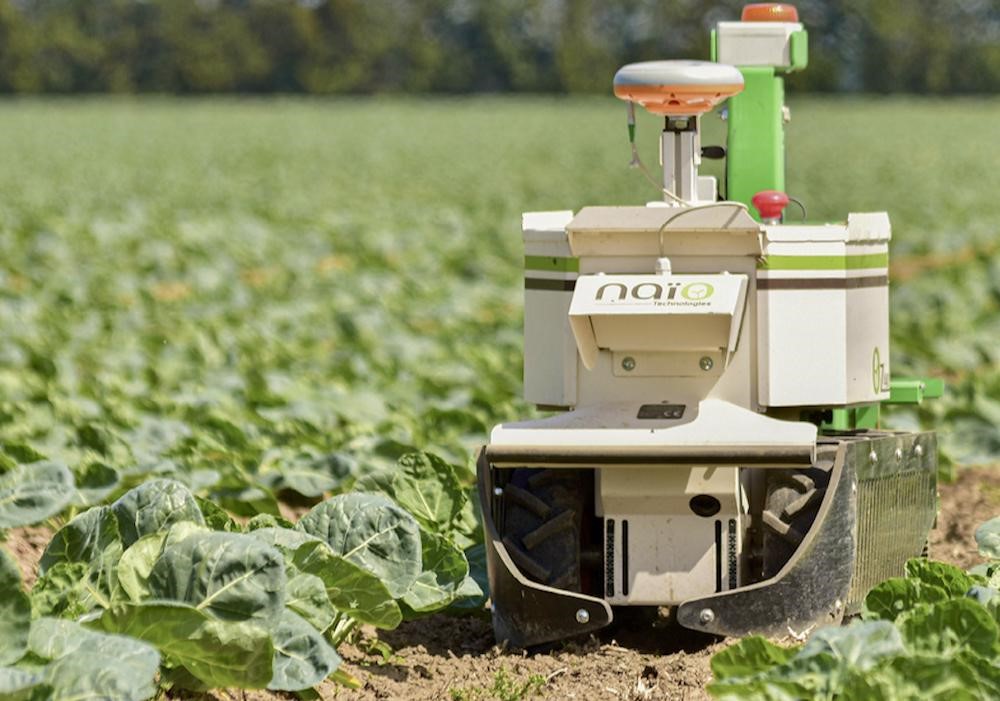
Image source. Field tests on the Naio Oz weeding unit were conducted in 2021 by Chuck Baresich and his team at Haggerty Creek.
Moreover, machine learning models can identify patterns in plant health and growth, enabling early detection of diseases or pest infestations. Timely identification and treatment can prevent widespread damage, ensuring optimal harvests.
The adoption of AI and machine learning can steer farming toward higher precision, sustainability, and profitability — shaping the future of agriculture for the better.
Drones in Agriculture: A Bird’s Eye View on Sustainability
Drones are also revolutionizing the agricultural sector, offering a unique perspective on sustainable farming. As an intersection of technology and agriculture, drones pave the way for precision farming, facilitating efficient management of resources while minimizing environmental impact.
Equipped with advanced imaging capabilities, drones provide high-resolution aerial images that offer detailed insights into crop health and soil conditions. This bird’s-eye view allows farmers to detect issues such as pest infestations or nutrient deficiencies early on. Detecting these problems at an early stage allows for quick intervention, reducing crop losses and ensuring optimal yields.
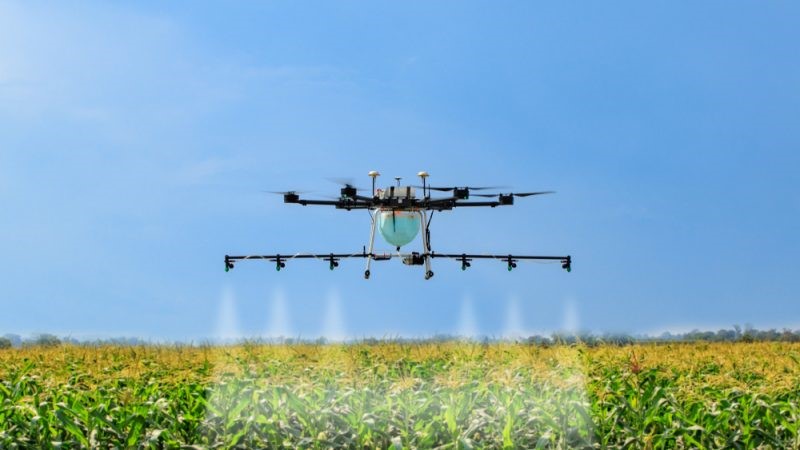
Image source. A drone used for the targeted application of pesticides.
Furthermore, drones can perform targeted applications of fertilizers and pesticides, delivering them precisely where needed. This reduces the overall quantities of chemicals used, decreasing both costs and environmental pollution. Drones also increase efficiency by quickly covering large areas that would be time-consuming and labor-intensive on foot or by traditional machinery.
In irrigation, drone technology plays a significant role in detecting variations in soil moisture levels across fields. With this information at their disposal, farmers can implement localized irrigation strategies, thus conserving water — a precious resource in many agricultural regions.
Precision Agriculture: Maximizing Efficiency, Minimizing Waste
Precision agriculture, a modern farming practice that leverages technology to optimize crop yield and resource efficiency, is making significant strides in promoting sustainability. Thanks to innovations like GPS mapping, remote sensing, and data analytics, precision agriculture allows farmers to manage their fields with an unprecedented level of detail and accuracy.
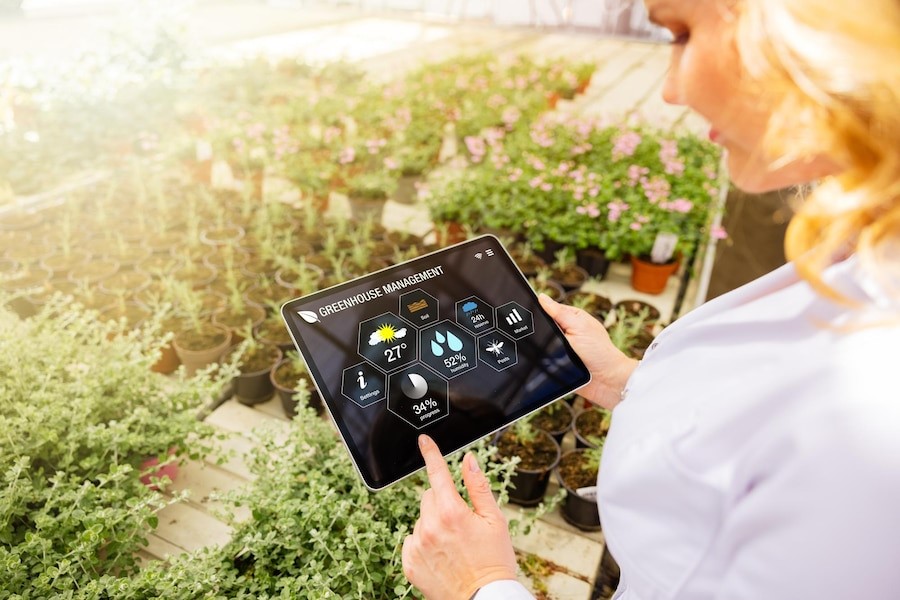
GPS mapping plays a crucial role in this approach by providing precise field boundaries and topographical data. This information helps farmers understand the spatial variability of their fields, enabling them to tailor farming practices to the specific needs of different areas. As a result, inputs such as water, seeds, and fertilizers are utilized more efficiently, minimizing waste and cost.
Remote sensing technologies, including satellite imagery and drones, offer real-time insights into field conditions. They help monitor crop health, soil moisture levels, and weather patterns — factors that significantly impact crop yield. By identifying potential issues early on, these technologies allow farmers to take preventive measures before minor issues escalate into major problems.
Data analytics complement these technologies by processing the vast amounts of data collected from the field. Through predictive modeling and trend analysis, they provide strategic insights into planting schedules, irrigation needs, and pest management strategies.
Vertical Farming: The Future of Urban Agriculture
Vertical farming is a revolutionary approach to agriculture that is reshaping the future of urban farming. With the world’s urban population expected to grow exponentially, vertical farming presents an innovative solution for food production within city limits. Through rowing crops in vertically stacked layers or skyscraper-like structures, this method utilizes urban spaces efficiently and reduces the need for long-distance transportation of produce.
A key advantage of vertical farming is its controlled environment that enables year-round cultivation of crops, regardless of external weather conditions. Advanced technologies such as hydroponics or aeroponics are employed to provide plants with the necessary nutrients, often using less water than traditional farming methods. This ensures a steady supply of fresh produce throughout the year and contributes significantly to water conservation.
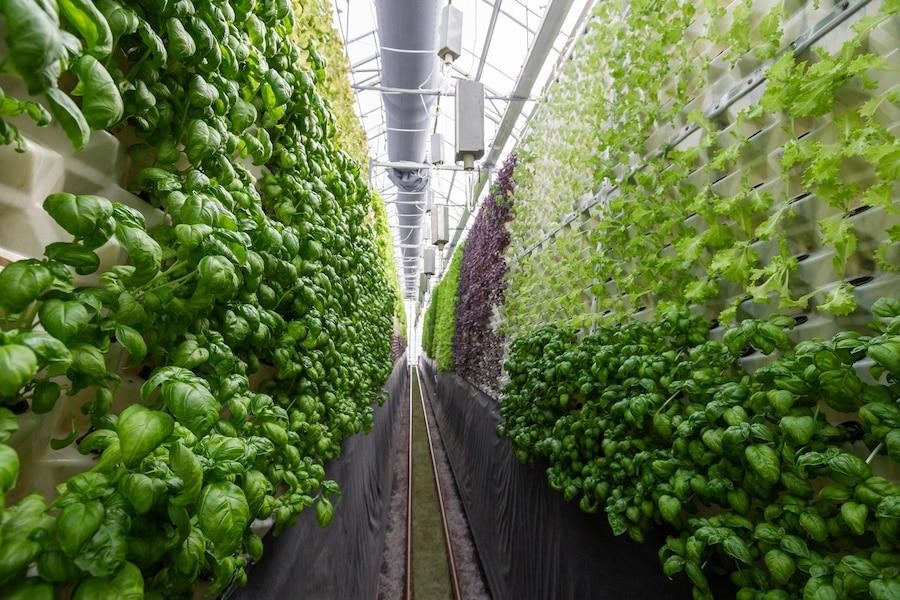
Moreover, vertical farms, by design, reduce the need for pesticides and herbicides since they are less exposed to pests and diseases typically found in outdoor farming. This leads to healthier, chemical-free produce and less pollution in our ecosystems.
Vertical farming also holds immense potential in terms of sustainability. Thanks to localizing food production, it cuts down on carbon emissions associated with transportation and storage. Additionally, some vertical farms are integrating renewable energy sources like solar panels into their design, further reducing their environmental footprint.
Challenges and Opportunities Ahead for Agri-Tech Innovations
Agri-tech innovations, despite their transformative potential, encounter several challenges in their path. Infrastructure inadequacies in rural areas, resistance to change among traditional farmers, lack of digital literacy, and concerns over data privacy are significant obstacles to the widespread adoption of these technologies.
However, these challenges also present new opportunities for further innovation and development. For instance, the need for reliable infrastructure in rural regions opens doors for companies specializing in renewable energy solutions or internet connectivity. The resistance faced from traditional farmers underscores the importance of education and training programs designed to highlight the benefits of agri-tech and provide practical knowledge on using these technologies.
Furthermore, agri-tech can play a crucial role in addressing some of the most pressing global issues, such as climate change and food security. Technologies like precision farming and vertical farming can significantly reduce agriculture’s environmental footprint while enhancing its productivity.
Final Thoughts
The integration of technology in agriculture is shaping a sustainable future, with AI, machine learning, drones, precision agriculture, and vertical farming at its core. These innovative practices improve efficiency, minimize waste, and optimize resource use.
Despite challenges like inadequate infrastructure and resistance to change, these hurdles highlight opportunities for further innovation, education, and development. As we confront global issues like climate change and food security, agri-tech proves to be an indispensable ally.
Embracing these advancements allows us to reconcile with our environment, nurturing it while securing our food needs — a testament to agriculture’s evolution in the modern age.
